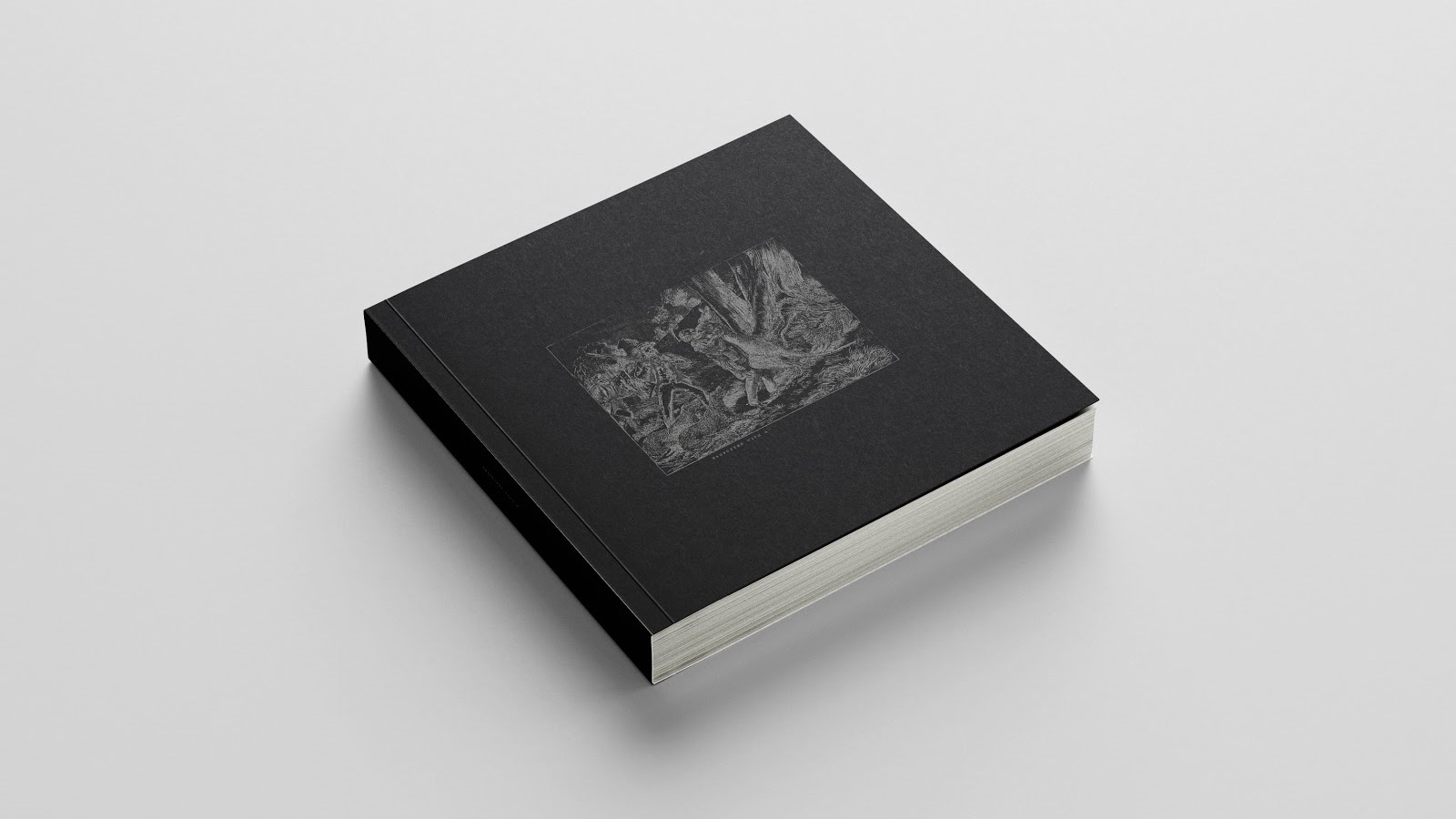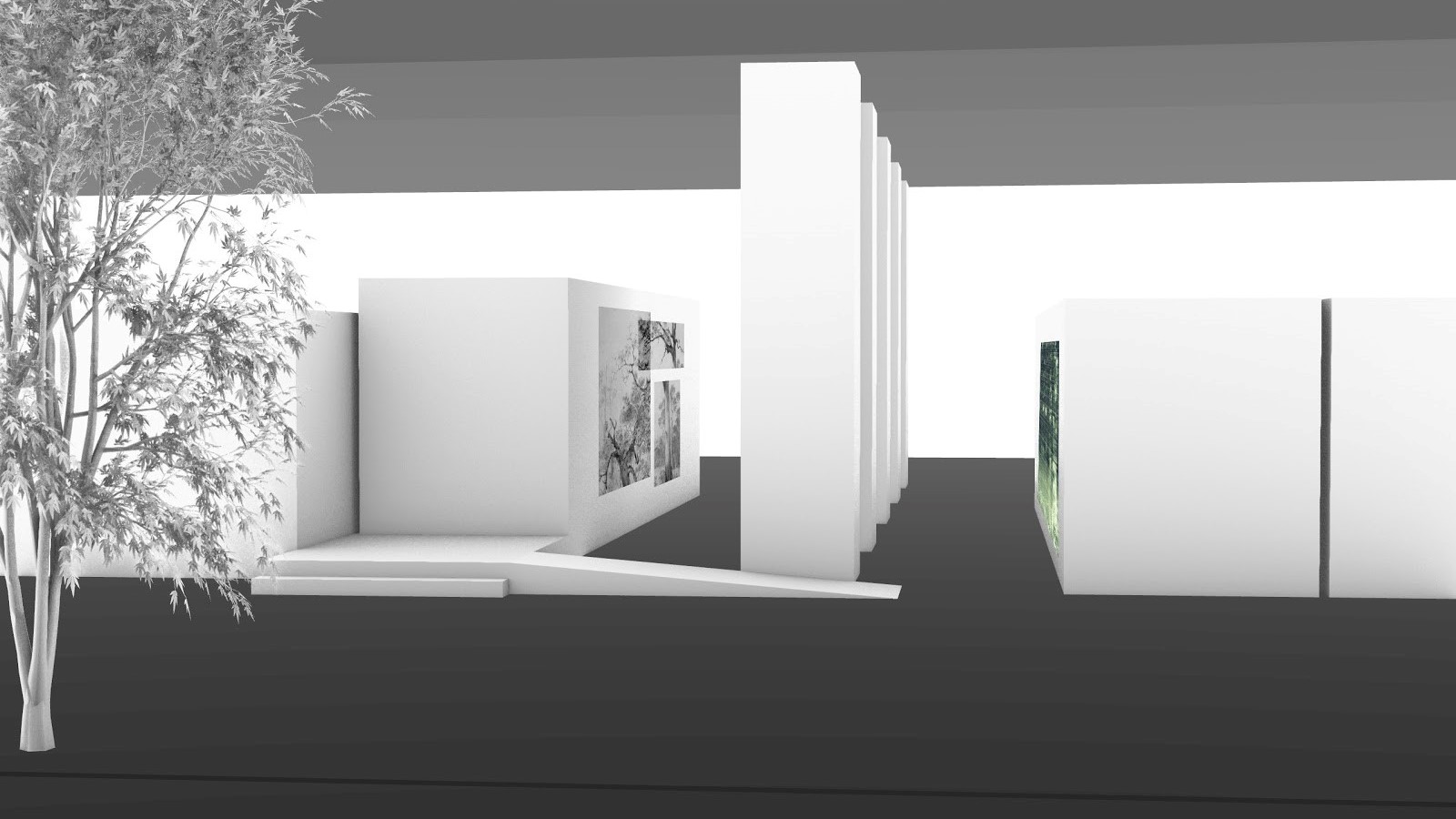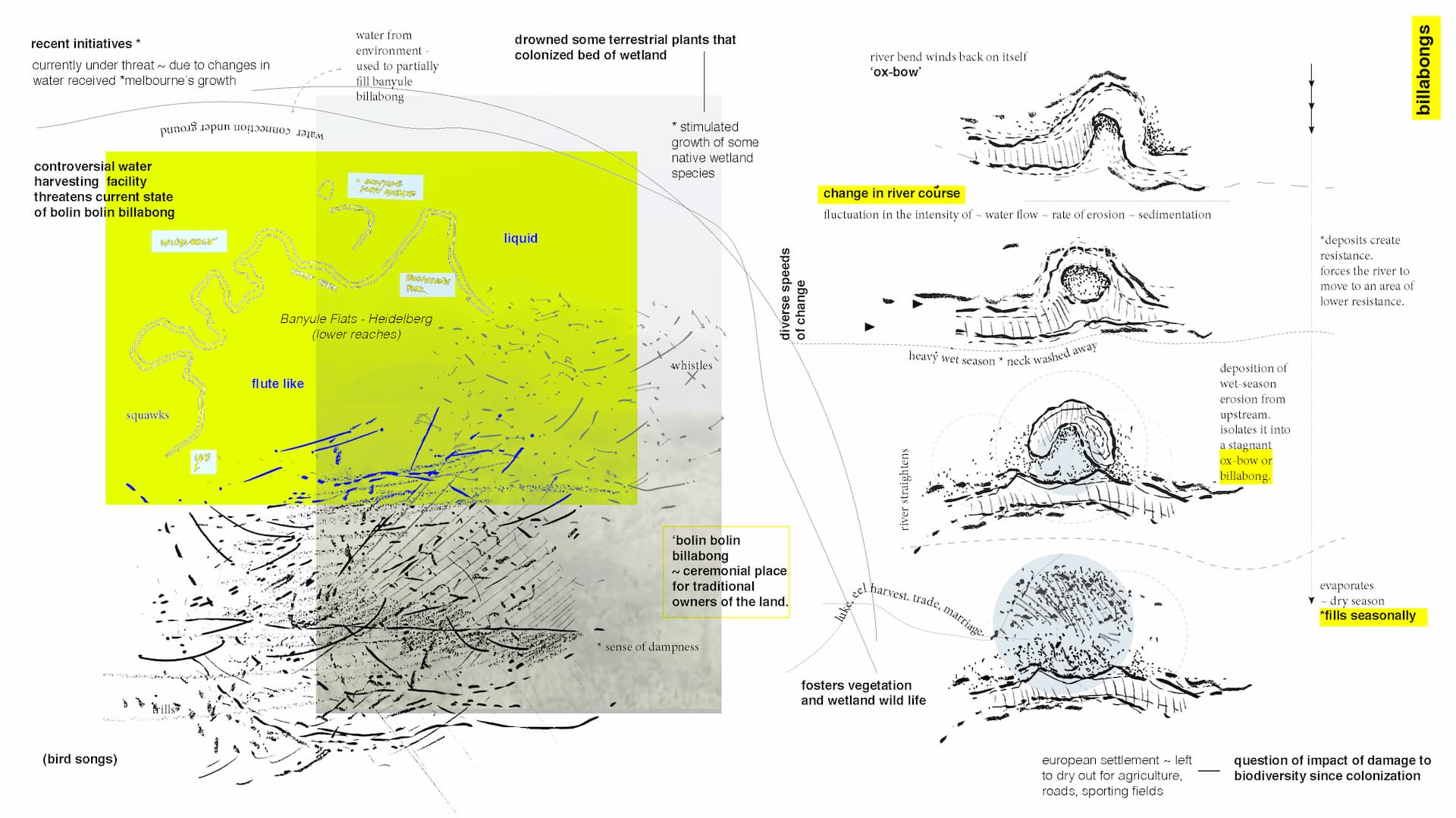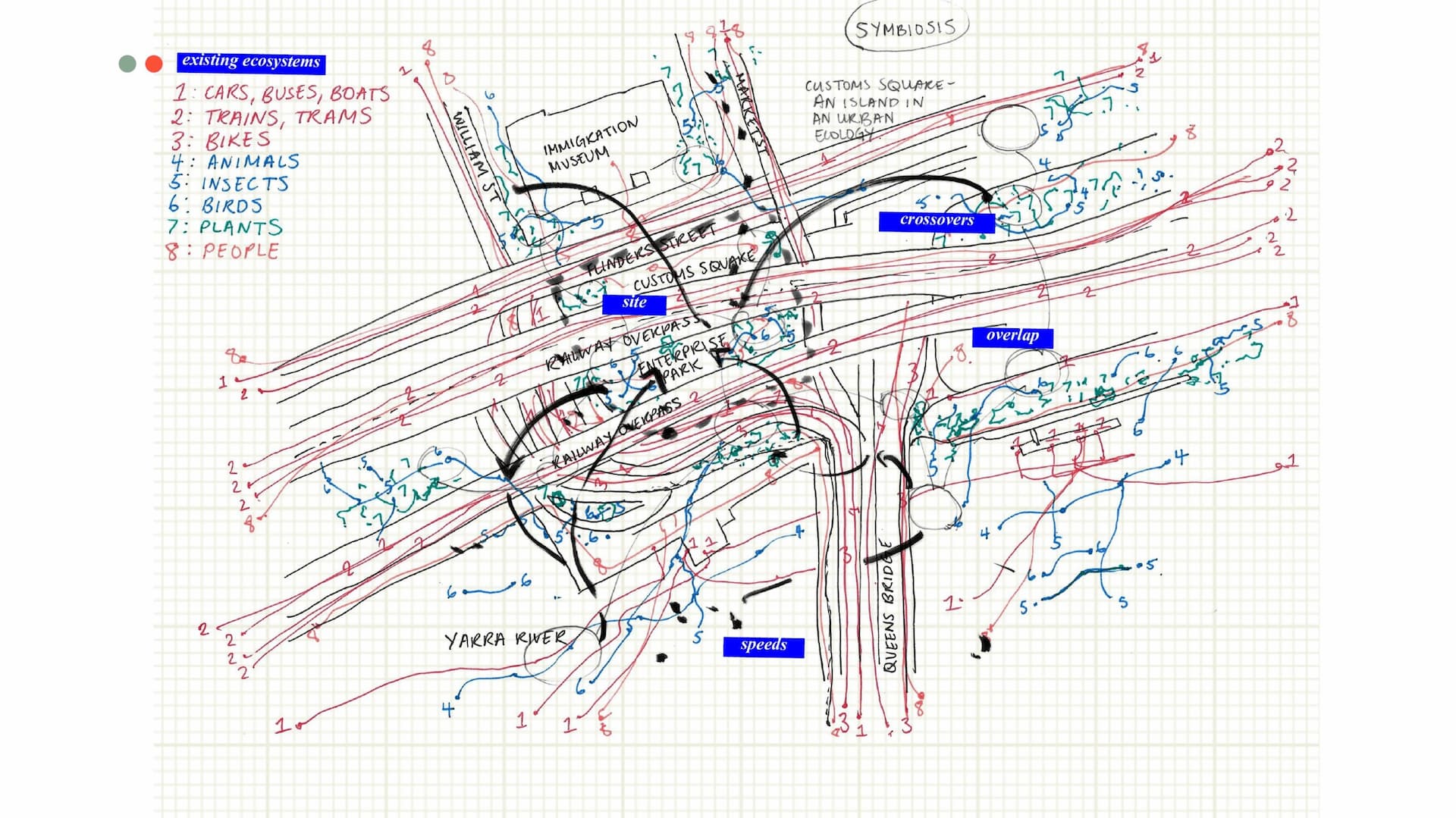RMIT’s College of Design & Social Context (DSC) Student Studio Projects work with ‘Good Cycles’ to respond to Melbourne’s first Social Enterprise cluster.
After introductions from the RMIT Social Innovation Hub, programs from the College of Design & Social Context (DSC) collaborated with social enterprise ‘Good Cycles’, to develop student Partnered Projects for Semester 2. Students responded to the planned Social Enterprise Cluster being developed by Good Cycles on site at Customs Square, located on the southern side of Flinders St on the edge of the Hoddle grid. Led by Good Cycles, this location will be Melbourne’s first social enterprise cluster, bringing together a group of independent social enterprises and related activations.
The Social Enterprise Cluster at Customs Square aims to:
- Assemble complementary social enterprises focused on providing real jobs for disadvantaged Victorians
- Commit to social enterprise and engage with the Melbourne community.
- Support delivery of community and the City of Melbourne’s vision for the future of the CBD
- Revitalise a site that has traditionally been problematic, a dead-space, and seen to attract social issues.
- Provide a tangible example of the power of social enterprise and strong partnerships.
Studio Projects Response
Students from the Bachelor of Interior Design (Hons) and the Bachelor of Art (Photography), worked on a series of small studio projects, with a focus on observing, exploring and analysing the site. At the beginning of the process, the Good Cycles team presented online to the students, providing an overview of the Social Enterprise Cluster Initiative and the Customs Square site and location, as well as further background on Good Cycles and other relevant details.
Projects included:
‘Forms of Encounter and Exchange’ from the Bachelor of Art (Photography), School of Art
This studio focused on developing a social history project about the Customs Square site. The aim of the project was for students to design an outcome that allowed for multiple and intersecting histories to become visible. The students connected with indigenous botanist Dean Stewart, who provided invaluable knowledge and insight. From this, a small image and text publication – ‘Encounter With’ was produced. The opportunity to consolidate these research and creative outcomes further into additional art books and public art elements is being investigated further.
Participating students included Adrian Ng Song, Maud Freeman, Sophie Spence and Zachariah Micallef.
Participating student Zachariah Micallef commented on the insights gained from the experience and the potential for the future: “In researching the multiple histories and significance of Customs Square, we were fortunate enough to have numerous consultations with Dean Stewart - a Botanist, and Wemba Wemba-Wergaia man - which are still ongoing. He has had considerable influence on our outcomes and has helped us better understand the complexities of the site; in particular, First Ecologies. Moving forward, there is potential for collaborative public art outcomes with different artists and communities to act as invitations for the broader community to learn about the site's significance."
 Forms of Encounter and Exchange: Publication
Forms of Encounter and Exchange: Publication
 Forms of Encounter and Exchange: Public Art Activation
Forms of Encounter and Exchange: Public Art Activation
‘Change Makers’ - Bachelor of Interior Design (Hons), School of Architecture and Urban Design
Within this studio, students aimed to build an understanding of the Customs Square site to inform future designed interventions. Students produced a range of mappings and documentation in order to establish the site’s connection to social, environmental and economic systems at both micro and macro scales. From there the students developed a set of design recommendations and activation initiatives for the social enterprise cluster and space.
Student Catherine Hucker explained “My project seeks to offer a new way of appreciating the site’s complexity by briefly positioning the encounter away from human-centric perspectives, to explore its rich histories of movement. By privileging hidden past ecologies at the site, it is possible to reveal ways of understanding their changes and their disappearance.”
Another student Tori Dinardo, reported “My project explored storytelling as part of an urban ecosystem and considered the stories that will be told of the way we live and can live through the social enterprise cluster. The strategy enables storytelling through gestures and creative endeavours by prompting a detailed exploration into the rich site that Good Cycles are working from.
 Change Makers: Environmental Systems
Change Makers: Environmental Systems
 Change Makers: Social and Economic Systems
Change Makers: Social and Economic Systems
Good Cycles’ CEO Jaison Hoernel, and Project Manager Aisha Nicolay, attended the students’ final digital project presentations. “We were blown away by the presentations - the depth of consideration and thinking, array of possibilities and points of evocation for our own reflection. The students have done a tremendous job and we are grateful to receive their focus through their projects.”
Further conversations with the Good Cycles team around next steps for these current project outcomes, as well as opportunities for 2021 are now taking place.


